How the Global Health Crisis Threatens Decades of Conservation Work in Africa
2020 had long been touted as an environmental “Super Year” – a crucial turning point in history, with the coming together of many critical global agreements that would impact the future health of our landscapes and their flora and fauna. Little did we know that nature would beat us to the punch.
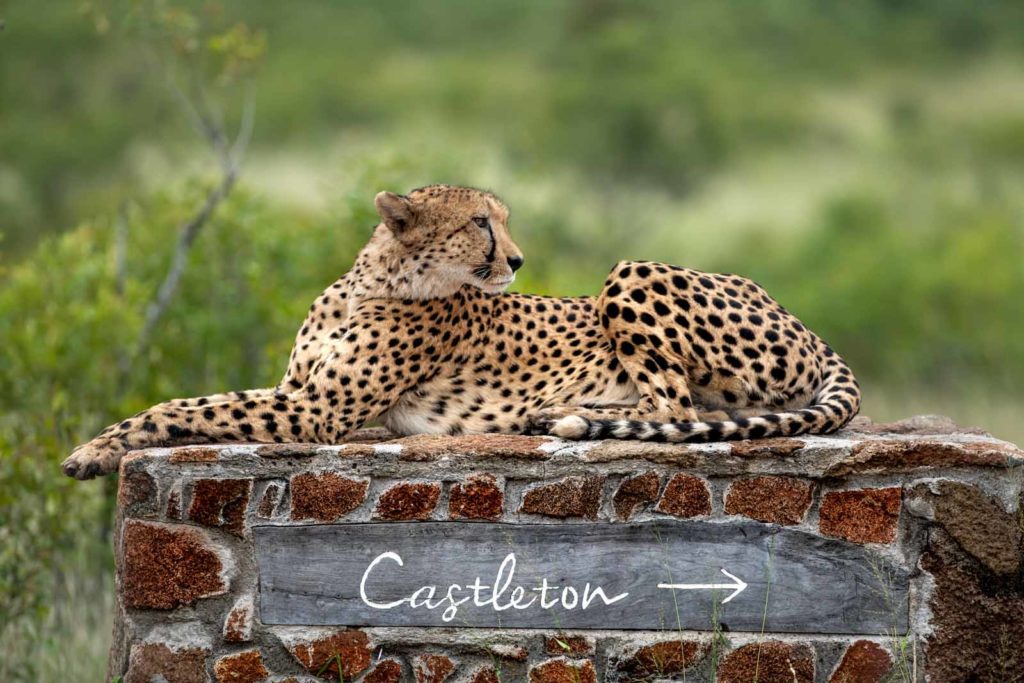
Centuries of environmental destruction, rampant population growth and seemingly unstoppable levels of consumption have brought us to this watershed moment, when human health and the health of our planet have collided. One after another, a series of global environmental catastrophes over the past few years have signalled that it is time to act to correct the imbalance before it is too late – the worldwide spread of a dangerous new coronavirus is just the latest example. This pandemic has laid bare just how deeply connected and interdependent we are on healthy, balanced natural systems for our own wellbeing, but also for our sustained economic growth and prosperity.
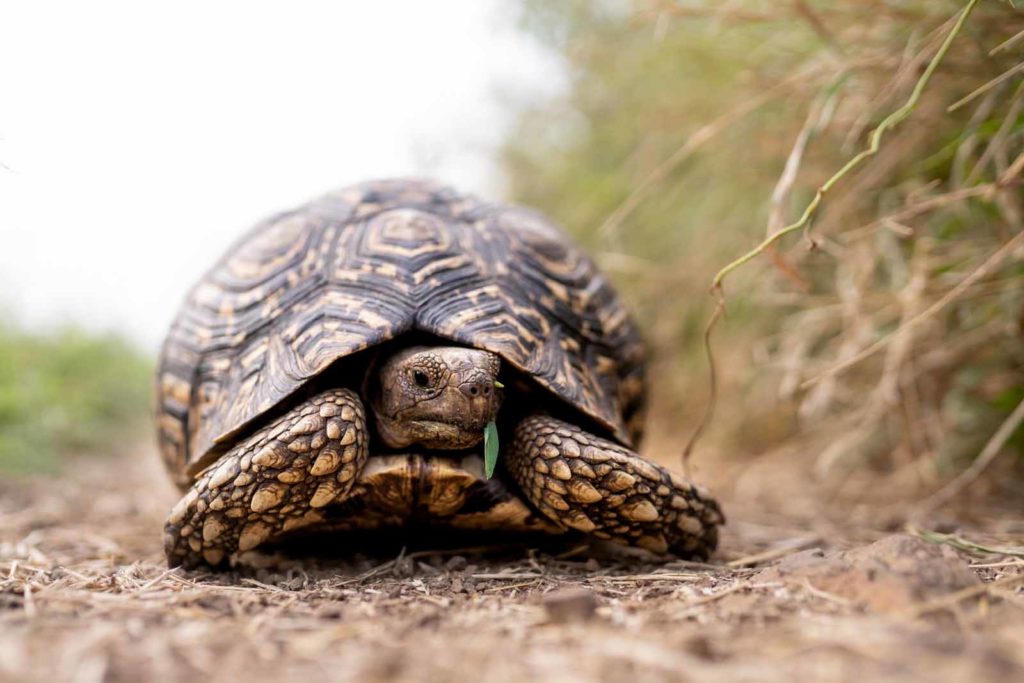
------------------
HOW YOU CAN HELP The non-profit funds and trust with whom we partner to undertake critical conservation work in Africa rely on the support of donors now more than ever.
------------------
The result of such destructive patterns of production and consumption has been an unprecedented rate and scale of biodiversity loss across our planet, leading to a staggering decline of 60% of all species globally in the last 40 years. It is in this context that we reaffirm our commitment to conserving Africa’s dwindling wilderness; to turning the tide for the benefit of those who will become custodians of this planet long after we are gone, despite the temporary loss of sustained sources of revenue.
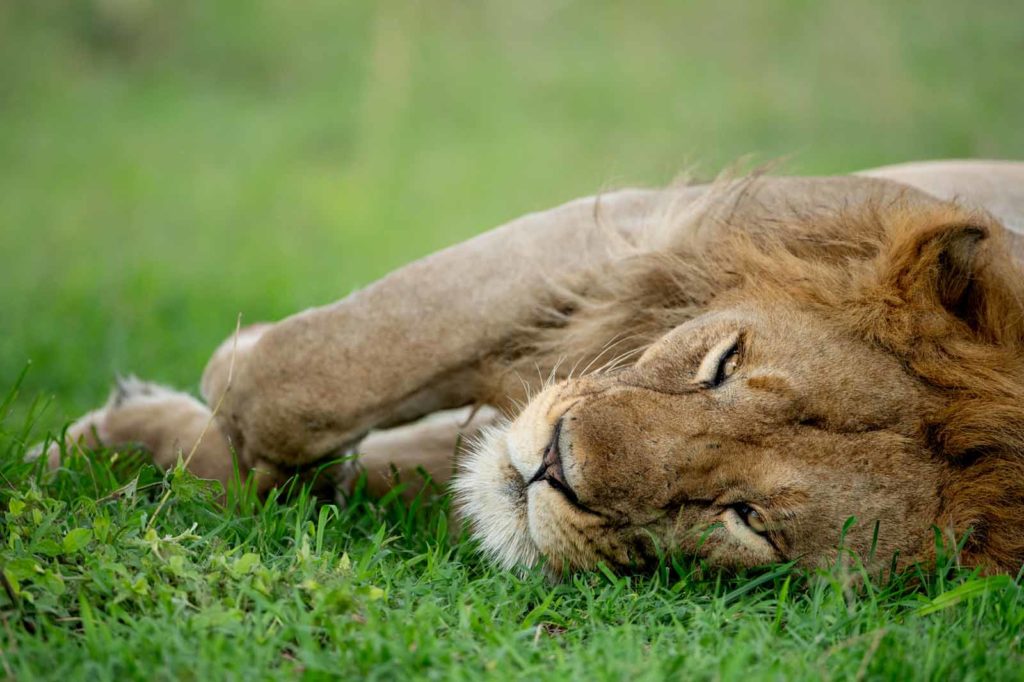
One of the industries hit hardest by the current worldwide pandemic is travel and tourism, which are absolutely essential in the fight to secure Africa's last remaining wild spaces. Ecotourism is the fuel for an engine that not only keeps the wheels of conservation turning, but also brings much-needed economic stability to neighbouring communities.
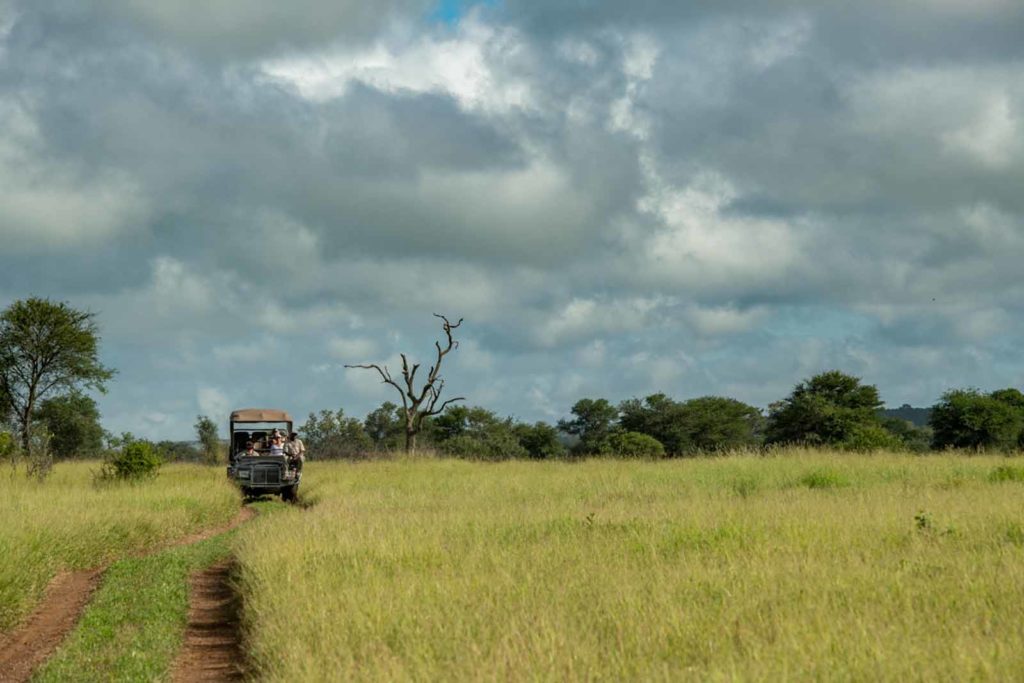
In an interview given recently to Bloomberg.com, Singita founder and Executive Chairman, Luke Bailes, outlined the stark reality of losing the essential funding that tourism contributes to the preservation of Africa’s most fragile landscapes: “If tourism collapses, the ripple effect could wipe out decades of proactive conservation work on the continent.” This is a situation that our planet cannot afford to be in, which is why projects that protect our wildlife and the land they inhabit simply must continue.
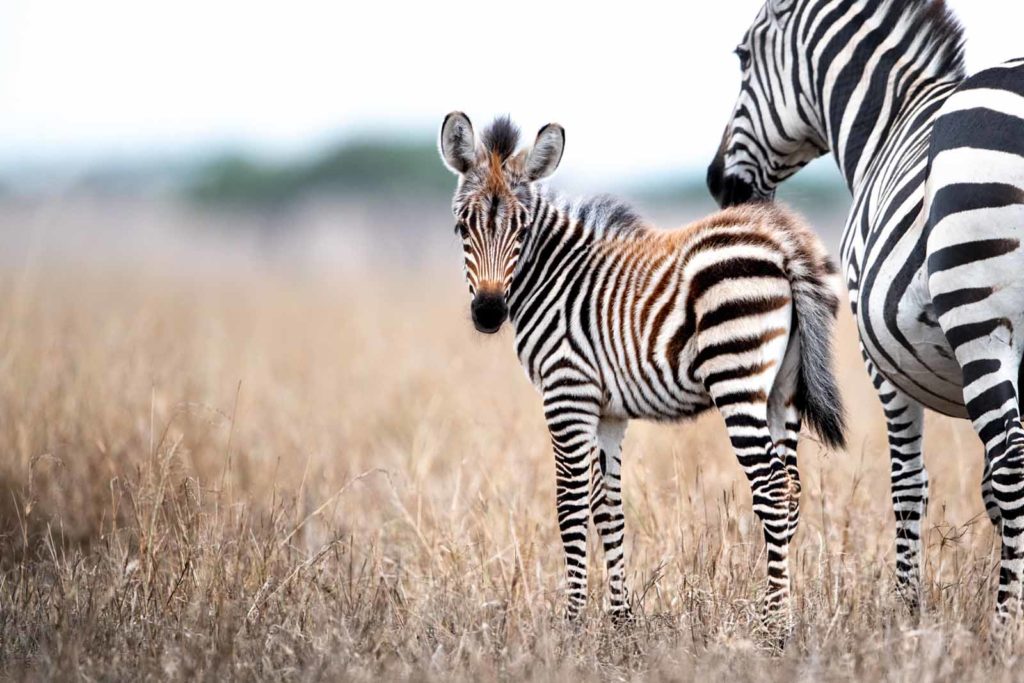
In real terms, this means that although the all-important cash injection provided by guests visiting our lodges and camps across Africa is temporarily on hold, daily efforts to care for hundreds of thousands of acres of wilderness remains ongoing. This work is in the hands of our conservation partners – the Singita Lowveld Trust in South Africa, the Grumeti Fund in Tanzania and the Malilangwe Trust in Zimbabwe – all of whom share our passion and love for this remarkable continent. One of the most critical aspects of this work is ensuring our around-the-clock anti-poaching patrols go uninterrupted. We cannot yield any ground in the battle to protect endangered species and restore key habitats – it is absolutely vital keep these landscapes healthy and their wildlife populations safeguarded.
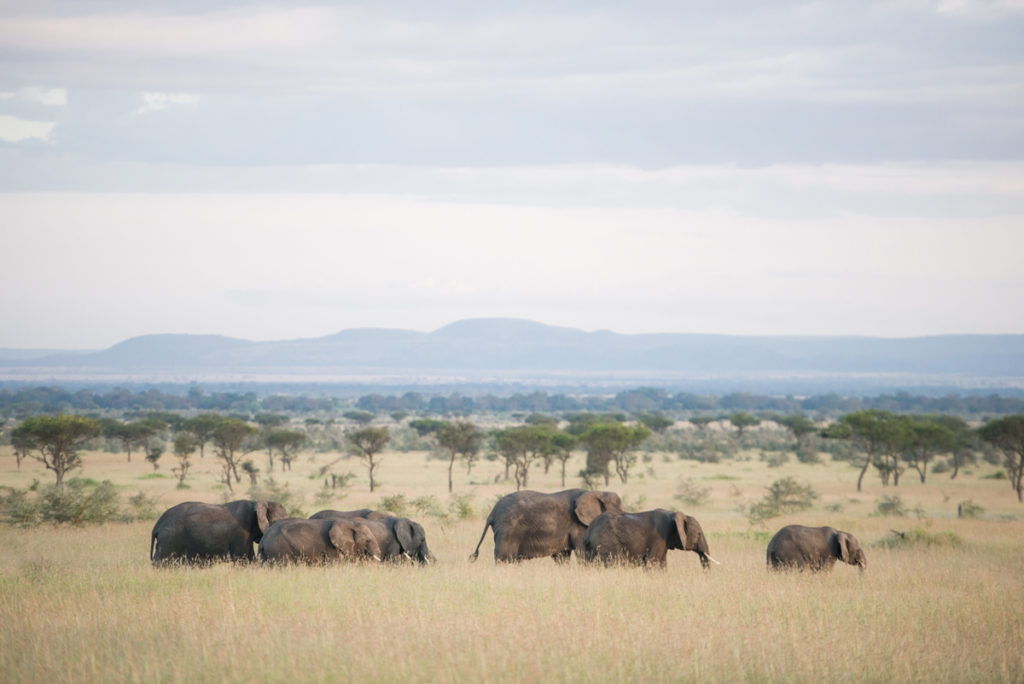
These significant front-line conservation challenges, along with all of the maintenance, security and caretaking responsibilities undertaken by the crews that remain in each reserve during lockdown, are top of mind for our team right now. The liquidity of our conservation partners, all of whom are non-profit entities that rely on guests and other private individuals for funding, is also of grave concern. The support of public donors has never been more important.
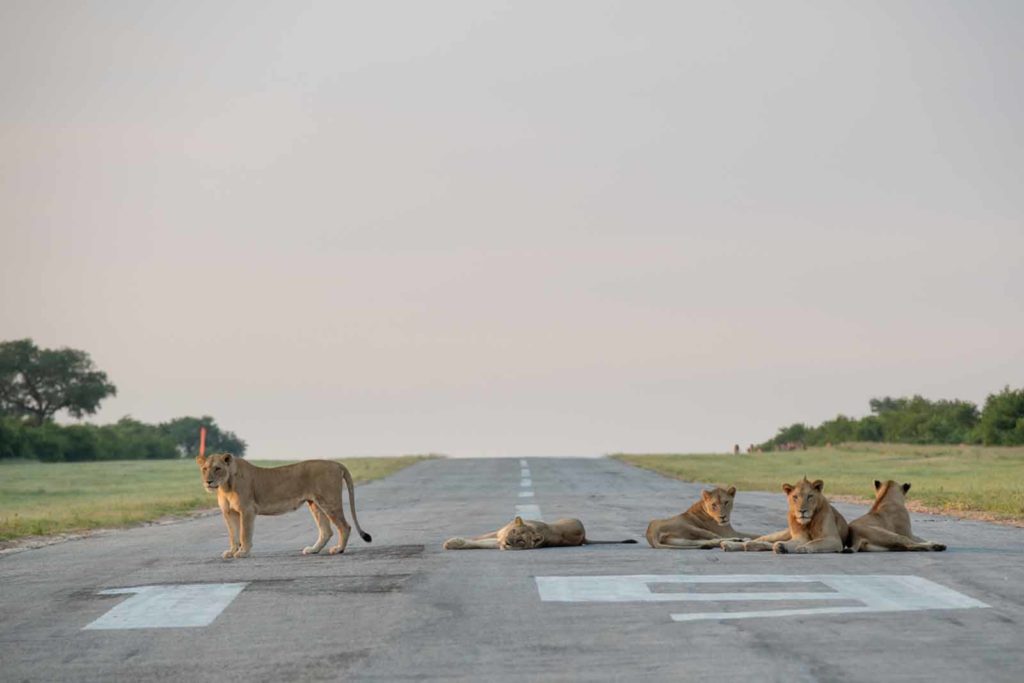
MAKE A DONATION Now, more than ever, we need your help to support the people at the coalface of wildlife conservation in Africa. You can make a contribution to specific projects in each region, or towards the non-profit funds and trusts with whom we partner to undertake this work. Please visit our Conservation section to find out more or make a donation now:
